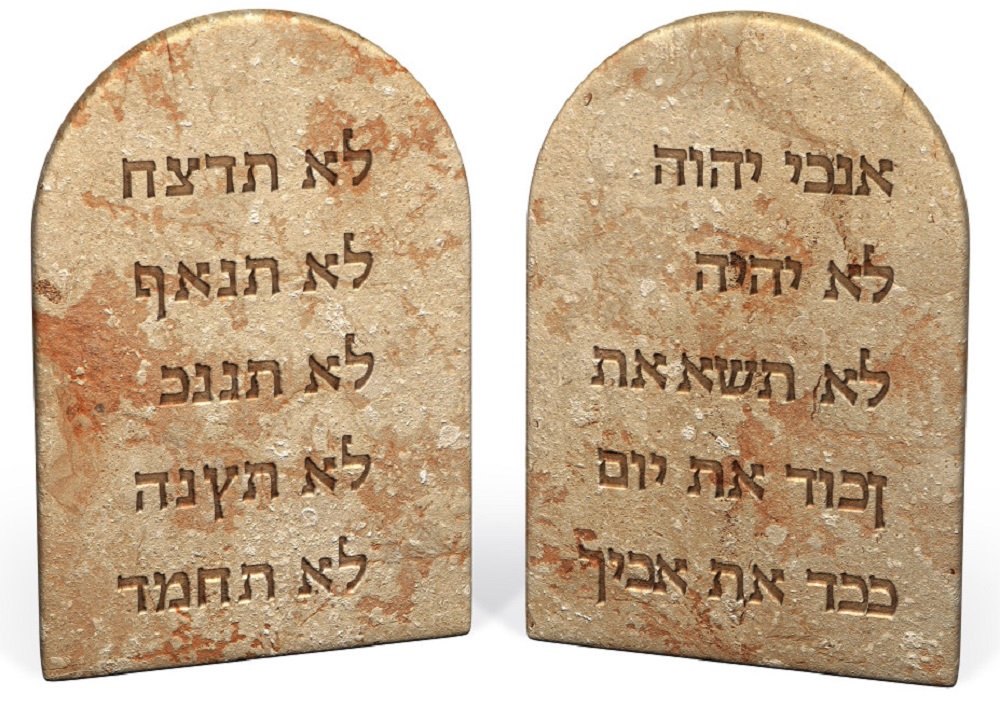
hebrew scriptures:Rabei Benjamin Blech
It is now more than 70 years since the atomic age began with the decision by President Harry S Truman to use this new weapon of mass destruction against the cities of Hiroshima and Nagasaki. The goal was to quickly and immediately bring an end to the war — a war begun four years earlier by the Japanese with the sneak attack against Pearl Harbor.
Soon after, Japan unconditionally surrendered. A long and horrific ground battle, what Truman called “an Okinawa from one end of Japan to the other,” was averted, with many tens if not hundreds of thousands of allied forces saved from almost certain death.
But the cost of civilian deaths was tragic beyond words. In Hiroshima the number killed is estimated between 90 to 150 000, and between 40 to 80 00 in Nagasaki. Most of the deaths occurred immediately on the first day, with the following months adding large numbers who died from the effect of burns, radiation sickness and other injuries compounded by illness and malnutrition.
The first — and to this day the only — use of atomic bombs brought a barbaric war to an immediate end, but at a horrendous cost.
How does one determine the correct moral balance between the two forces at play? The first — and to this day the only — use of atomic bombs brought a barbaric war to an immediate end, but at a horrendous cost. Historians as well as theologians continue to debate the issue. What makes the question so very difficult is the enormity of the numbers of innocents who perished.
In retrospect, the United States did what it had to do. War is hell. That is a given. Innocents die among both sides. Those who, like Japan, make clear their intention to destroy another nation need to be prepared to face the consequences. Civilians died in Hiroshima and Nagasaki because the United States gave greater priority to the lives and well-being of its own citizens who were the victims of a warmongering people.
“No apology to Japan” is America’s headline to the world. If the choice is between us or them, the collateral death of civilians is a sad but necessary evil. But somehow this policy seems to lose support specifically when it comes to Israel.
- Chamisa under fire over US$120K donation
- Mavhunga puts DeMbare into Chibuku quarterfinals
- Pension funds bet on Cabora Bassa oilfields
- Councils defy govt fire tender directive
Keep Reading
Israel, too, has the ability today to deploy an atomic bomb against its enemies. It has never done so, nor will it other than in response to total destruction.
What Israel has done when attacked by Gaza, a city voluntarily ceded to Palestinians in an effort to gauge whether an end to occupation as well as Palestinian self-government would enhance chances for peace, was to show restraint in the face of ongoing and unprovoked missile attacks for over two years. When finally Gaza militants proclaimed war and by their own charter declared their goal of bringing Israel’s existence to an end, Israel fought back. It bombed the places from which Palestinians fired their missiles — places purposely chosen to be in civilian areas, near schools and hospitals, in order to increase civilian casualties.
Never in history were such elaborate efforts made to prevent deaths of the civilian population surrounding soldiers engaged in the midst of hostile activities against Israel’s own civilians.
Israel literally invented new ways to diminish the number of deaths of the very people intending their destruction. Warfare which throughout the ages made no distinction between combatants was now treated to “knocks on the roof” as warning to leave areas shortly to be bombed as military sites. Raids on enemy officials and leaders were called off if it became apparent that innocent women and children might also become victims. Never in history were such elaborate efforts made to prevent deaths of the civilian population surrounding soldiers engaged in the midst of hostile activities against Israel’s own civilians.
On the 6th of August 1945 the Americans dropped an atomic bomb on Hiroshima and three days later another bomb on Nagasaki, after which the Japanese unconditionally surrender. American troops were dying in the Pacific and it was the only way to stop the war. As a result thousands of Japanese civilians died in the atomic blast. If the Japanese had not attacked Pearl Harbour in December 1941 this would never have happened.











